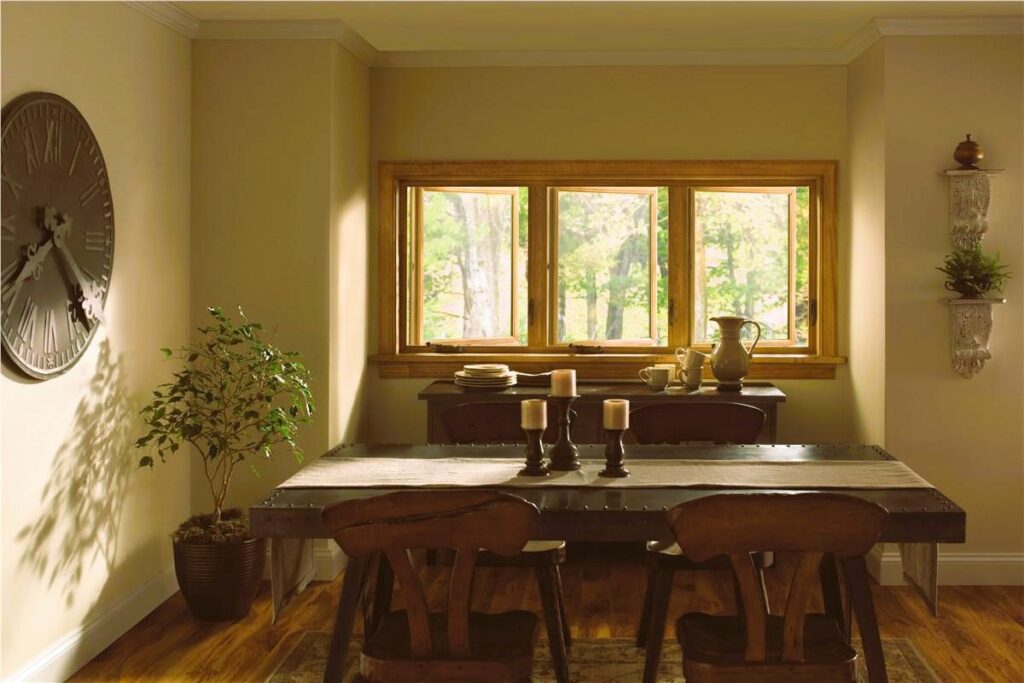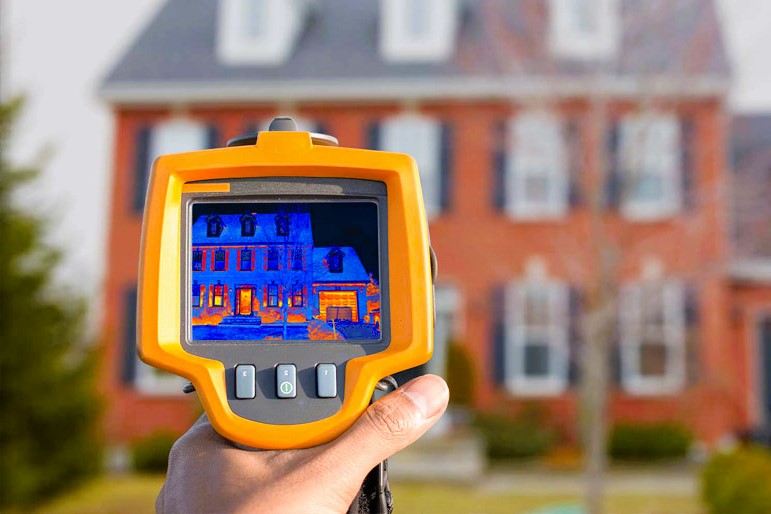In today’s world, where sustainability and energy conservation are paramount, every aspect of our homes plays a crucial role. One often underestimated yet highly significant component is windows. Energy-efficient windows not only contribute to environmental preservation but also lead to substantial cost savings for homeowners. In this article, we will explore the importance of energy-efficient windows, their impact on both your wallet and the environment, and how you can make informed choices to create a more energy-efficient home.
Understanding Energy-Efficient Windows
Energy-efficient windows are designed with advanced technologies to minimize heat transfer, maintain a comfortable indoor temperature, and reduce the need for artificial heating or cooling. These windows are constructed to prevent the escape of conditioned air during cold winters and keep out excessive heat during hot summers. They are a vital component of any sustainable and eco-friendly home.
The Financial Benefits

1. Lower Energy Bills
One of the most immediate and tangible benefits of energy-efficient windows is lower energy bills. These windows significantly reduce the need for heating and cooling systems to work overtime, leading to decreased energy consumption. This translates into substantial savings on your monthly utility bills, which can add up significantly over time. Understanding exchange agreements and how to exchange housing, read more in our article Exchange of Real Estate.
2. Increased Property Value
Energy-efficient upgrades, including windows, can boost the resale value of your home. As energy efficiency becomes a top priority for homebuyers, having energy-efficient windows can make your property more attractive and potentially increase its market value. Buyers are often willing to pay a premium for homes that come with energy-saving features.
3. Government Incentives and Rebates
Many governments, including Canada, offer incentives and rebates for homeowners who invest in energy-efficient upgrades. These incentives can help offset the initial cost of installing energy-efficient windows, making them an even more financially attractive option.
Link to Canada.ca – Energy Efficiency
The Environmental Impact
1. Reduced Carbon Footprint
Energy-efficient windows play a crucial role in reducing your home’s carbon footprint. By minimizing the need for heating and cooling, they lower greenhouse gas emissions associated with energy production. This contribution to environmental sustainability helps combat climate change and protect our planet for future generations.
2. Conservation of Resources
Energy-efficient windows also contribute to the conservation of natural resources. Less energy consumption means reduced reliance on fossil fuels and other finite resources. This, in turn, helps preserve natural ecosystems and minimizes the environmental impact of resource extraction and processing.
Choosing the Right Energy-Efficient Windows

When selecting energy-efficient windows for your home, there are several key factors to consider:
1. Window Frame Materials
Window frames come in various materials, including wood, vinyl, aluminum, and fiberglass. Each material has its own set of advantages and energy efficiency properties. Choose a frame material that suits your climate and aesthetic preferences.
2. Glazing and Coatings
Energy-efficient windows typically feature double or triple glazing (multiple layers of glass) with low-emissivity (low-E) coatings. These technologies help to minimize heat transfer while allowing natural light to enter your home. Low-E coatings also reduce harmful UV rays, protecting your furniture and flooring from fading.
3. Window Style and Orientation
The style and orientation of your windows can impact their energy efficiency. South-facing windows can help capture passive solar heat in colder climates, while strategically placed awnings or shading devices can prevent excessive heat gain in the summer.
4. Professional Installation
Proper installation is crucial to the performance of energy-efficient windows. Ensure that you hire experienced professionals who can install the windows correctly to maximize their energy-saving potential.
Conclusion
Energy-efficient windows are not only a wise investment for your home but also a responsible choice for the environment. They offer financial savings through reduced energy bills, increase property value, and may qualify you for government incentives and rebates. At the same time, they contribute to a healthier planet by reducing carbon emissions and conserving precious natural resources.
When it comes to energy-efficient windows, making informed choices and considering factors such as frame materials, glazing, window style, and professional installation can help you maximize their benefits. By incorporating these windows into your home, you can enjoy increased comfort, lower costs, and the satisfaction of knowing that you are doing your part to protect the environment for generations to come.

